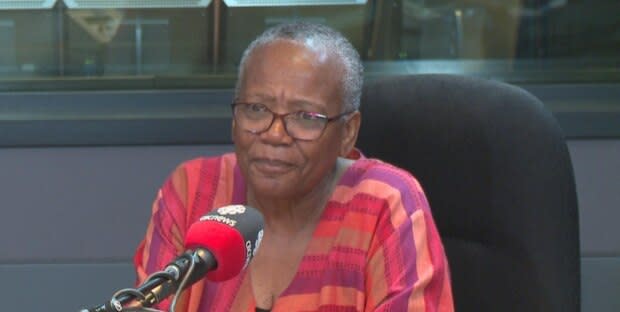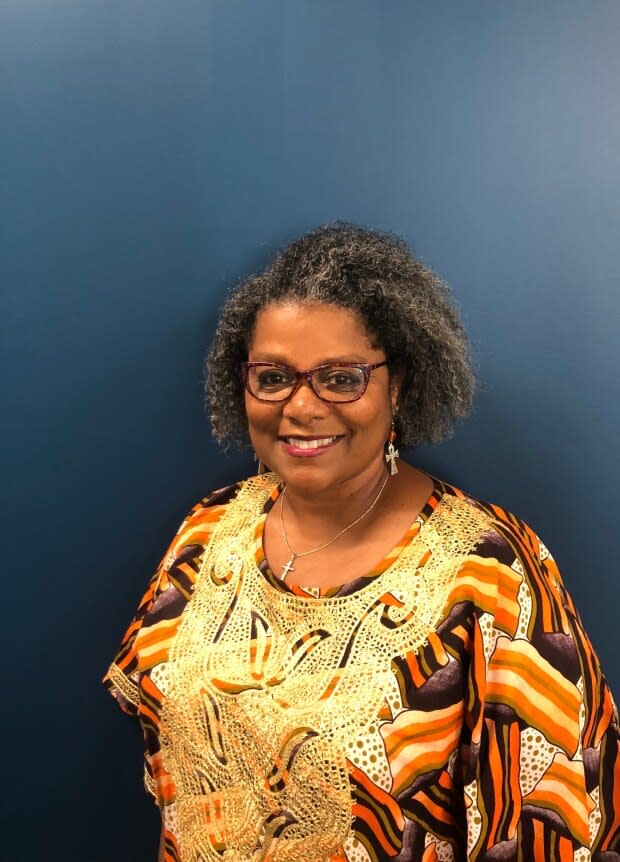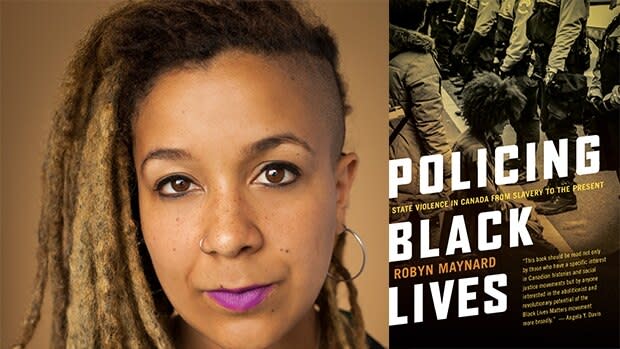Black social workers prompt change in child welfare system
When Wanda Thomas Bernard, Maxine Prevost Sheppard, Frances Mills Clements and Althea Tolliver first met in Bernard's office 40 years ago to form the Association of Black Social Workers, their first order of business dealt with the lack of culturally-specific services available to Nova Scotia's black communities.
"We were concerned with just the absence of any kind of acknowledgement that the services that we needed might somehow be different," said Thomas Bernard, who is now a senator.
"And our primary concern though was regarding the state of things with regards to the black children in foster care and also we were seeing some transracial adoption breakdown. Those were the most alarming things that we were concerned about and one of the first initiatives that we started back in 1979."

At that time, the four workers also noticed there were a number of black and mixed-race children who were either adopted by white families or were in long-term foster care in white families.
"Most of these foster and adoptive homes seemed to be in white, rural communities," Bernard recalled.
"So these children literally had no contact with the black community once they went into those homes."
Still fighting for justice
On Sept. 26, the association, which now has 60 members, will open a two-day conference in Halifax titled "40 Years: Still Fighting for Justice!"
The conference for social workers and allies will end with a large gathering for the community.
"The ongoing fight for justice is an ongoing fight…in the child welfare system and the whole social services system," Bernard said.
Because of the black social workers' advocacy, significant changes happened within the Department of Community Services' child welfare system.
"Back in 1990-91, there was a new Child Welfare Act that came out…and we were successful in moving the province to change the legislation to ensure that same-race placements were given that priority for black children and mixed-race children who were coming into care," Bernard said.
And just in the past couple of years, Bernard added, the department "has made some good progress" in terms of how social workers can better serve people of African descent.

Earlier this year, it created a new position and hired long-time social worker Winnie Grant as a senior advisor on African Nova Scotian issues.
Bernard calls that a major step.
Over-represented in foster care
Still, black social workers are concerned with what they say is an over-representation of black children in care. However, Bernard acknowledges, they are seeing an increase in the number of black foster homes, due to targeted recruitment efforts across the province for black adoptive and foster families.
According to department figures, of the 980 children in Nova Scotia's foster care system, 15 per cent or 147 children are identified as either black or mixed-race.
"Yes, there's still an issue today," Grant said in an interview.
That figure is consistent with previous years, Grant said.
Supporting black families
To combat these issues, the department offers various programs to support African Nova Scotian families. It also provides training to staff to help them better understand and serve the needs of the black community.

Robyn Maynard, the award-winning author of the book Policing Black Lives — which looks at the under-reported history of racial injustice in Canada — is one of the conference speakers.
"We're excited about Robyn coming in and talking about her book…and looking at how society, and specifically policing, has become a major concern in our in our society," said Crystal John, the association's president and also the executive director of the Mulgrave Park Caring and Learning Centre, a family resource centre in Halifax's north end.
"African Nova Scotians have been put under a microscope a lot more recently. And so Robyn is going to talk about… how that's impacting the African Nova Scotian community and… ways that we can help to alleviate some of the stress that that can cause."
Bernard will lead a fireside chat to share stories of struggle, resistance and resilience in the fight for justice. The conference will also include a justice youth panel.

MORE TOP STORIES


